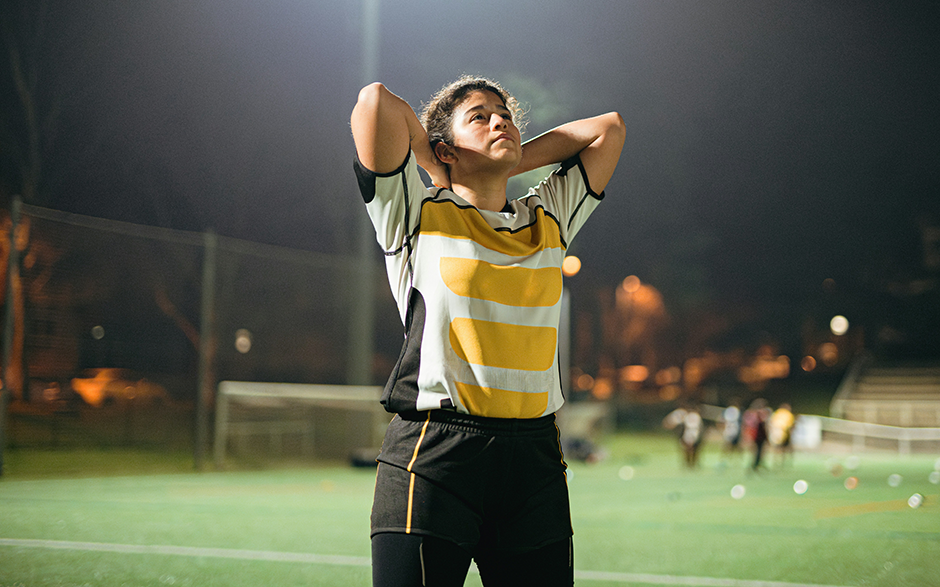The Student-Athlete Trade-Off: Why Athletic Success Can Hinder Career Readiness

College is a complex balancing act for student-athletes, where rigorous academics clash with intense athletic demands. While prioritizing sports yields necessary rewards—from scholarships to life skills—it often comes at a cost, leaving athletes lagging behind their peers in critical career-prep areas after graduation. This dynamic presents a dual-edged sword: commitment is essential for athletic success, but it creates structural disadvantages in the professional job market.
The Necessity and Rewards of Prioritizing Athletic Commitments
For many, athletic excellence isn’t just a pursuit; it’s a necessity. Athletic scholarships provide a crucial financial foundation, with NCAA Division I and II schools granting over $3.6 billion annually, making higher education affordable or even possible. Beyond funding, the rigorous schedule instills invaluable life skills: dedication, discipline, and time management. The pressure of competition cultivates enhanced leadership, teamwork, and resilience, qualities highly prized in any professional environment. Finally, the athletic community is a powerful built-in network of alumni and professionals, and success can open doors in fields like coaching, sports media, and management.
The Disadvantages Post-Graduation
Despite the upsides, the commitment to sports extracts a heavy price on career preparation. The most significant issue is the limited time for internships and work experience. Internships are critical for enhancing employability and securing job offers upon graduation, but student-athletes’ schedules often prevent them from participating, putting them at a competitive disadvantage. Similarly, the demanding schedule leads to missed networking opportunities—the campus events and professional organizations where non-athletes build vital connections and mentorships. This can result in a smaller professional circle after graduation. Furthermore, while soft skills are strong, athletes can face a skills gap, lacking specific technical or industry-specific competencies in areas like data analysis or specialized software, which are often developed through the internships they miss. The constant demands can also affect academic performance, with missed classes and reduced study time potentially leading to lower GPAs, impacting graduate school admissions and job prospects. Finally, many athletes hold unrealistic career expectations, focusing intensely on the less than 2% chance of playing professionally, which overshadows essential planning for a post-sports career.
Bridging the Gap
To mitigate these disadvantages, colleges and athletes must be proactive in creating targeted solutions. Universities need to provide enhanced career services specifically for athletes, including flexible internship structures, career workshops, and networking events scheduled around practices and travel. Athletes should be encouraged to emphasize lifelong learning through flexible online courses and certifications to acquire industry-specific skills that fit into their busy schedules. Lastly, establishing formal mentorship programs that connect current student-athletes with successful alumni and professionals can provide necessary career guidance and open doors to professional networks. By addressing these challenges through collaboration and tailored support, student-athletes can better translate their impressive collegiate dedication into successful careers.

